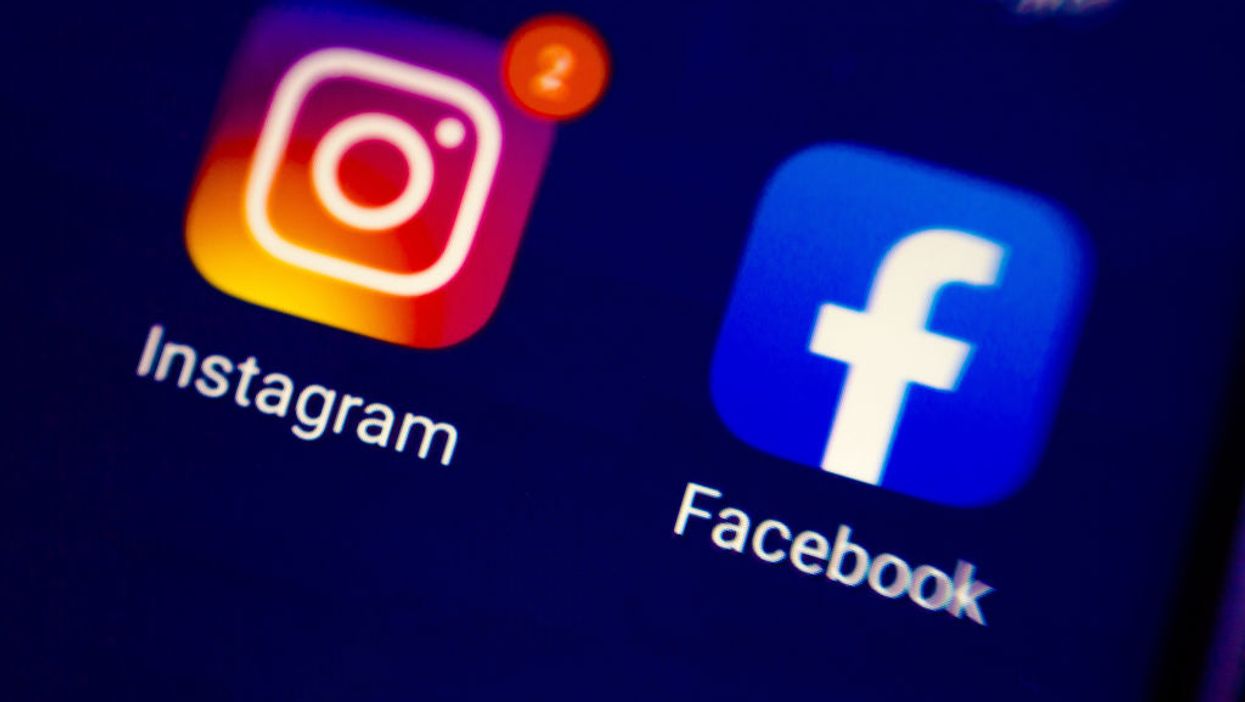
Photo Illustration by Rafael Henrique/SOPA Images/LightRocket via Getty Images

What's next?
Facebook announced strict new guidelines Wednesday prohibiting advertisements on the platform that in any way seek to "delegitimize" an election by stoking distrust in various voting methods, including mail-in voting.
"Last week we said we'd prohibit ads that make premature declarations of victory. We also won't allow ads with content that seeks to delegitimize the outcome of an election," Facebook's director of product management, Rob Leathern, said in a tweet.
He added that the new policy will ban ads that call "a method of voting inherently fraudulent" or use "corrupt isolated incidents of voter fraud to delegitimize the result of an election."
Facebook published the complete guidelines for its new policy in a blog post Wednesday. In the post, the company said that it is "taking preventive steps to protect the integrity of the upcoming US 2020 elections."
The complete guidelines ban claiming that lawful methods of voting, such as vote by mail, or tabulation of votes received after the day of the election are "inherently fraudulent." The policy also bans claiming that voter fraud is "widespread."
Here are a few examples of what will be banned under the new guidance, in Facebook's words:
The changes will apply to ads across all Facebook and Instagram pages and are effective immediately.
For now, it appears that the guidance will affect only paid content on the platform. But it's not inconceivable to think that eventually the policy could morph to include posts about potential voter fraud from news organizations.
This is particularly concerning because there have, in fact, been isolated reports of voter fraud in America in recent months.
In June, four New Jersey men were charged in a voter fraud scheme. Then in September, the Justice Department opened an investigation after seven military ballots cast for President Trump were found discarded. Also in September, it was reported that at least 1,400 Virginia voters who had requested absentee ballots received duplicates in the mail.
President Trump has been particularly outspoken about the risk of voter fraud in the upcoming election, especially if a national vote-by-mail operation is launched due to coronavirus health concerns. He once again brought up the risks during the first presidential debate Tuesday night.
But he is not the only one highlighting the concerns. Attorney General William Barr likened mail-in voting to "playing with fire" in a recent interview with CNN's Wolf Blitzer.